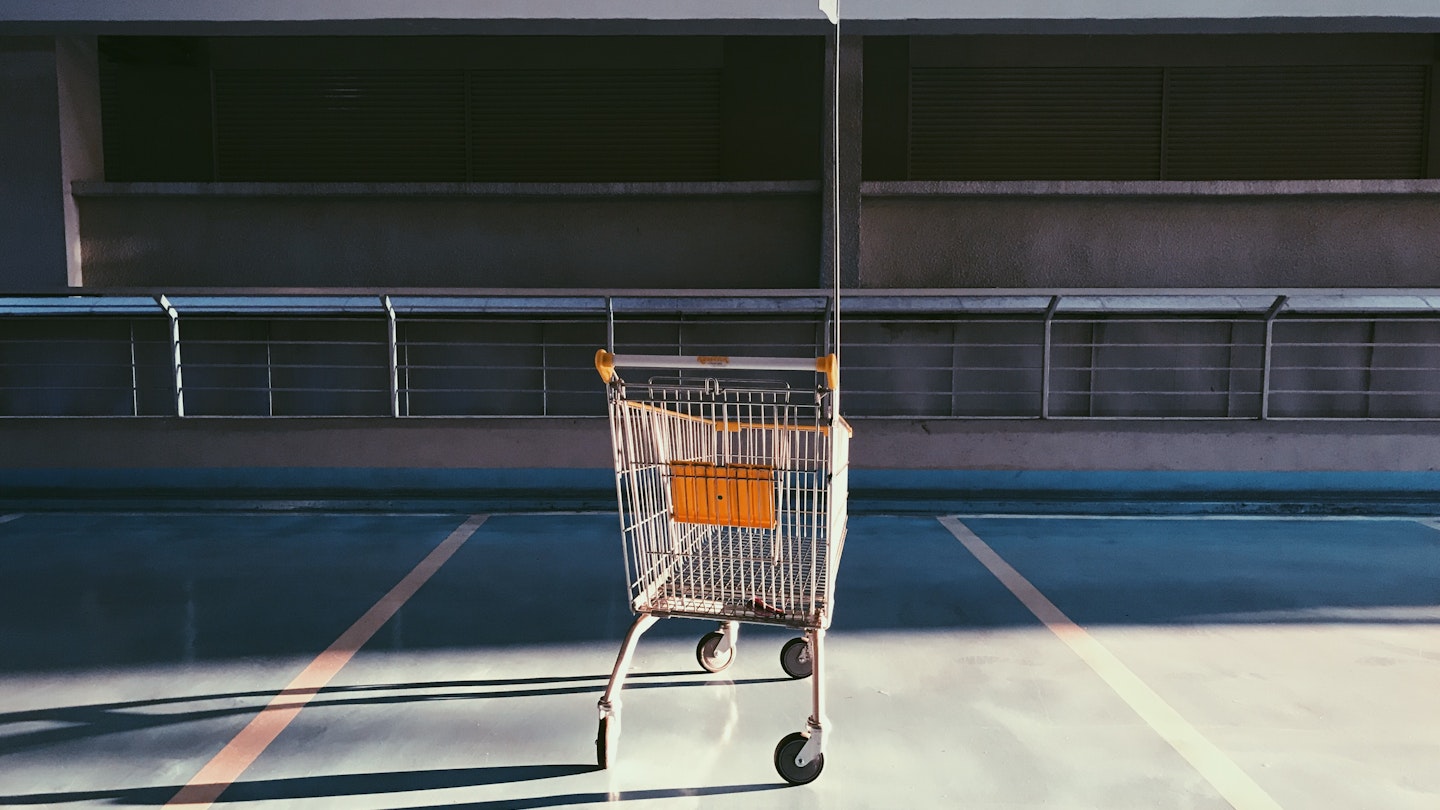As coronavirus concern sweeps the globe, you've likely seen the sorry state our supermarkets are in. We're panic-buying loo roll, stockpiling soap and stuffing our trolleys with lifetime supplies of painkillers and anti-bac.
So much so, that many supermarkets have introduced rationing on the sales of certain products. In Tesco, you're only allowed five items per person on dry pasta, long-life milk, antibacterial wipes, gels and sprays, plus baked beans in some stores. In Asda, hand sanitiser is restricted to two items per shopper.
In a joint letter from UK retailers, we're advised that 'there is enough for everyone if we all work together', but that 'buying more than is needed can sometimes mean that others will be left without'.
So, what exactly do we need to buy if we are planing on a period of self-isolation or are worried about actually contracting coronavirus, ensuring we have the essentials without inconsiderate and unnecessary stockpiling? This is your essential self-isolation survival kit, according to Dr Aragona Giuseppe, GP and medical advisor at Prescription Doctor.
Paracetamol over ibuprofen
'You should ensure you are stocked up with medicines and pain relievers for at least one month prior to self-isolation,' advises Dr Giuseppe. 'Paracetamol, cough and cold medicines, throat lozenges, and stomach-remedy tablets will all be efficient.' Some reports, such as those by the French health minister Olivier Véran, suggest that taking ibuprofen could dampen the body's response to infection because of its anti-inflammatory properties, so it's probably best to take paracetamol if you have a fever.
Vitamin C supplements
In these concerning times, it's easy to panic-buy every vitamin and mineral supplement under the sun, but Dr Giuseppe advises taking vitamin C alongside your regular supplements. While it won't ward off the virus, it's still an effective booster for your immune system.
Nutritious supplies
'Tinned foods are fine in case you are isolating for longer than two weeks,' says Dr Giuseppe, but 'fresh fruit and vegetables are key, as are foods high in protein'. For a guide to protein-rich foods, check the Eat Well guide on the NHS website.
Healthy fats
You may not automatically look to this food group when considering what to buy, but Dr Giuseppe strongly advises stocking up on healthy fats. Plus, they're often found in products that have a long shelf-life, so ideal if you're self-isolating. 'Look for flax seeds, chia seeds and olive oil,' he says.
Lemons
While you're shopping for supplies, make sure to add a bag of lemons to your trolley. They're rich in vitamin C and effective when added to hot drinks if you're feeling sick. 'Drinking a hot lemon with honey drink may help a sore throat and soothe other symptoms in general,' advises Dr Giuseppe.
Electrolyte/meal replacement drinks
Should you become unwell, it's a good idea to have nutrient-rich drinks in the fridge. 'Meal replacement drinks will help if you lose your appetite or become sick from the symptoms,' says Dr Giuseppe. 'Electrolyte type drinks will also be fine if you can't stomach tap water, as keeping up your daily liquids is imperative – you should be drinking at least two litres.'
Cleaning products – but not too many
'Stock up on hand sanitiser, soap, tissues and anti-bacterial wipes to ensure you are keeping yourself and your environment clean,' says Dr Giuseppe. But don't go overboard and remember to be considerate when buying cleaning supplies. Check with your local supermarket on how they're rationing products, and if they're not, stick to the general rule of no more than two per person of a specific product. Plus, remember that a chemistry professor advised that a trusty bar of some is the most effective tool for banishing viruses, so you may already have what you need at home.
READ MORE: Coronavirus And The Immune System: What You Need To Know
Coronavirus 2020
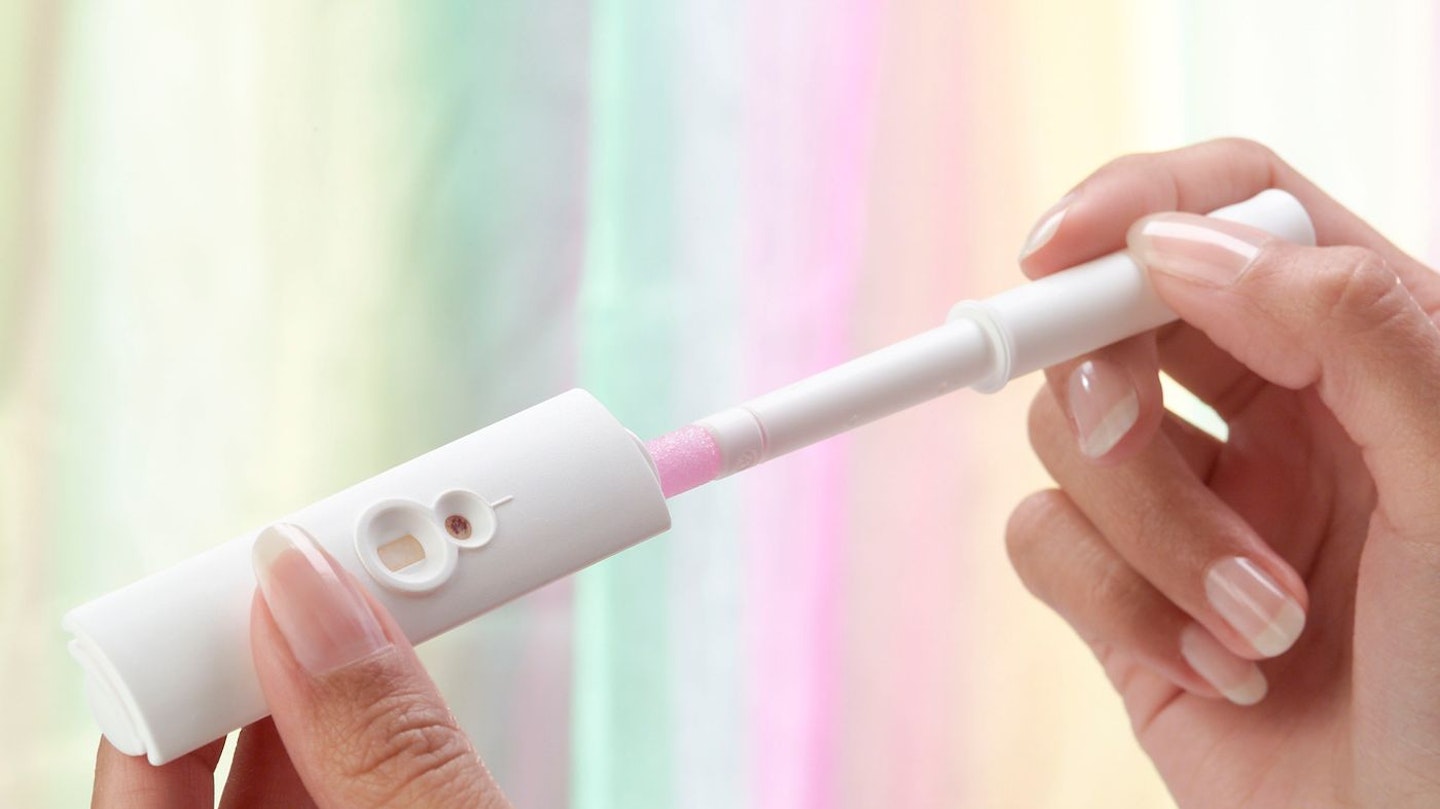 1 of 5
1 of 5Coronavirus: I Am Trying To Get Pregnant – Should I Stop?
 2 of 5
2 of 5Coronavirus: When Is The Virus Likely To Peak? And Should Pregnant Women Be Especially Concerned?
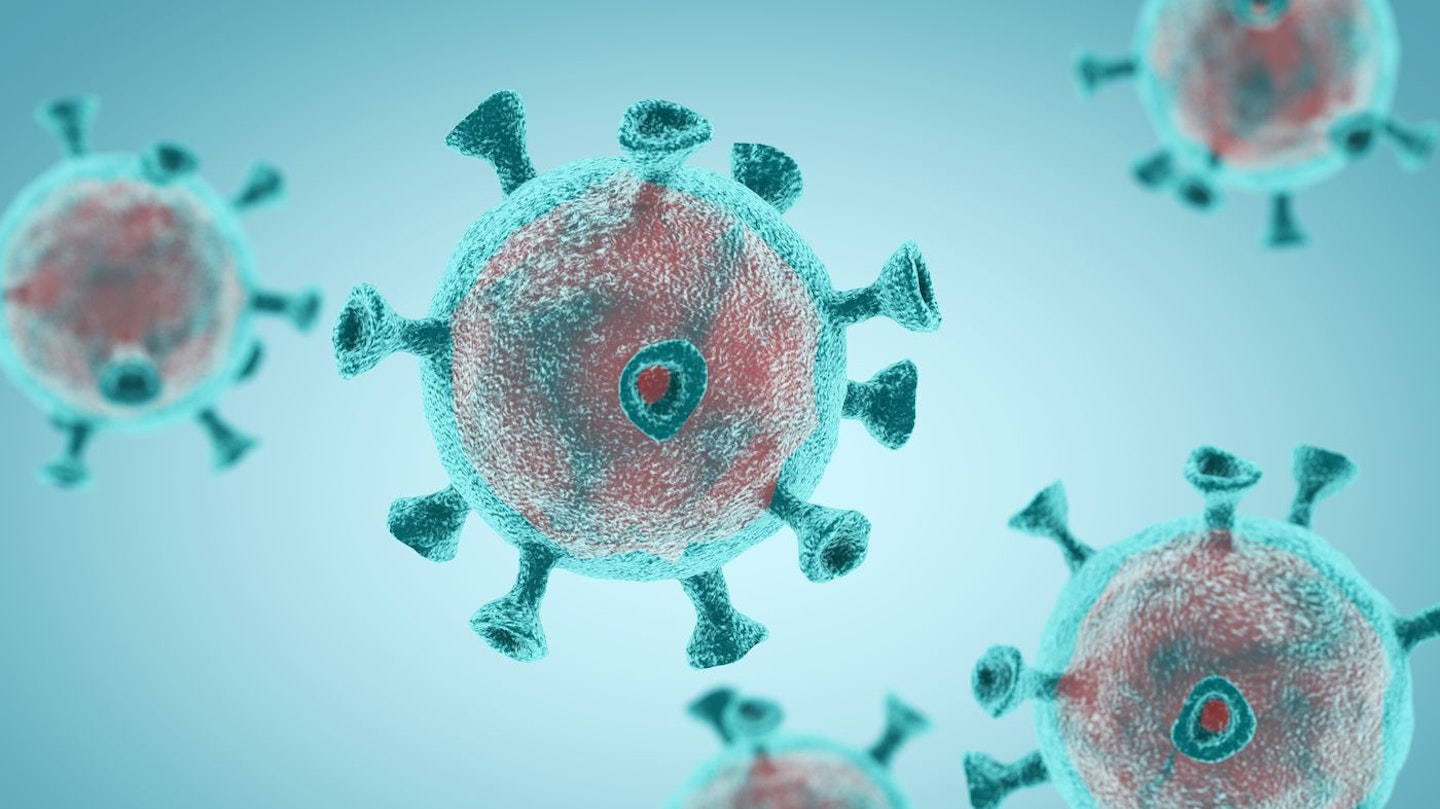 3 of 5
3 of 5Is It Hay Fever, The Common Cold Or Coronavirus?
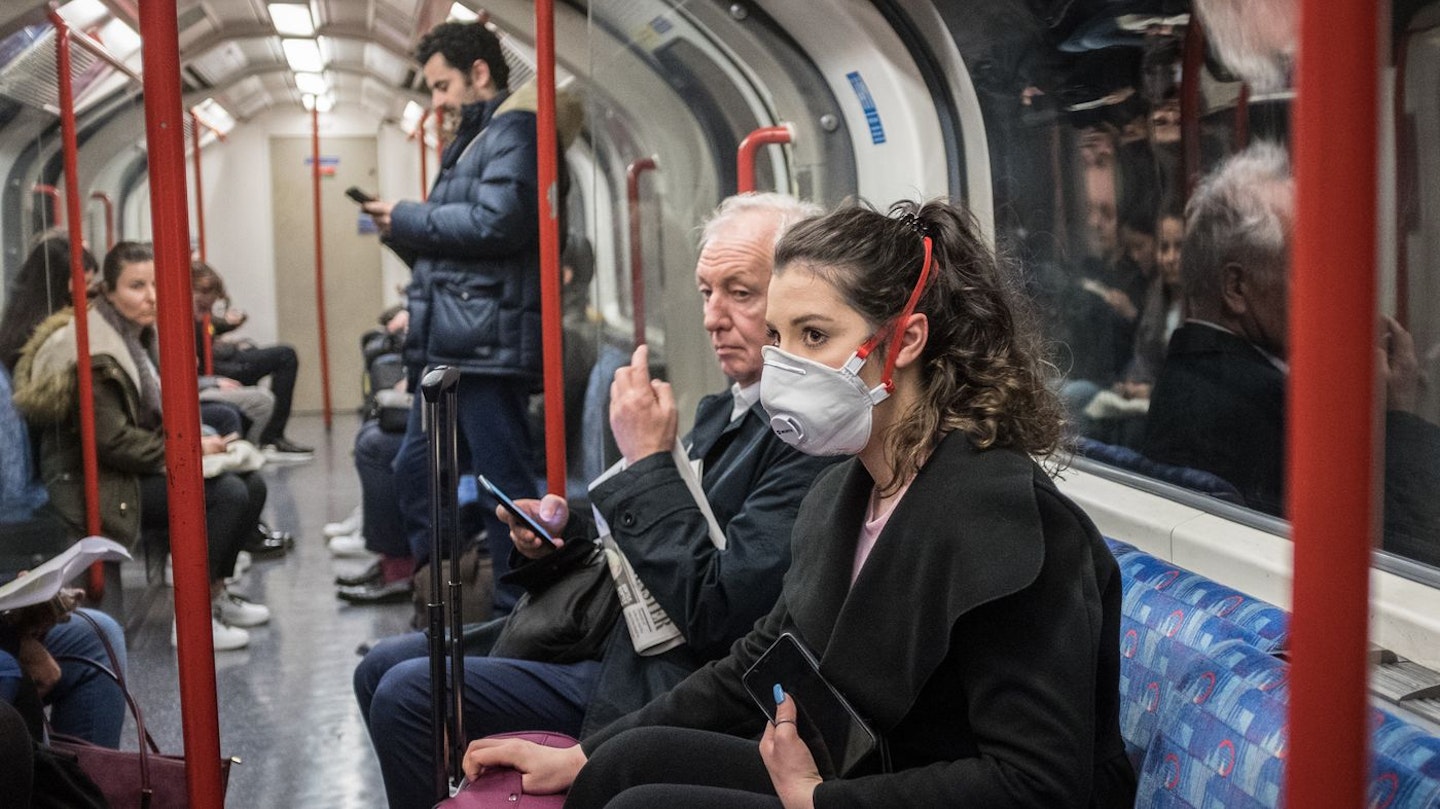 4 of 5
4 of 5Coronavirus: Widespread Transmission Is Now 'Highly Likely' As UK Cases Reach 36
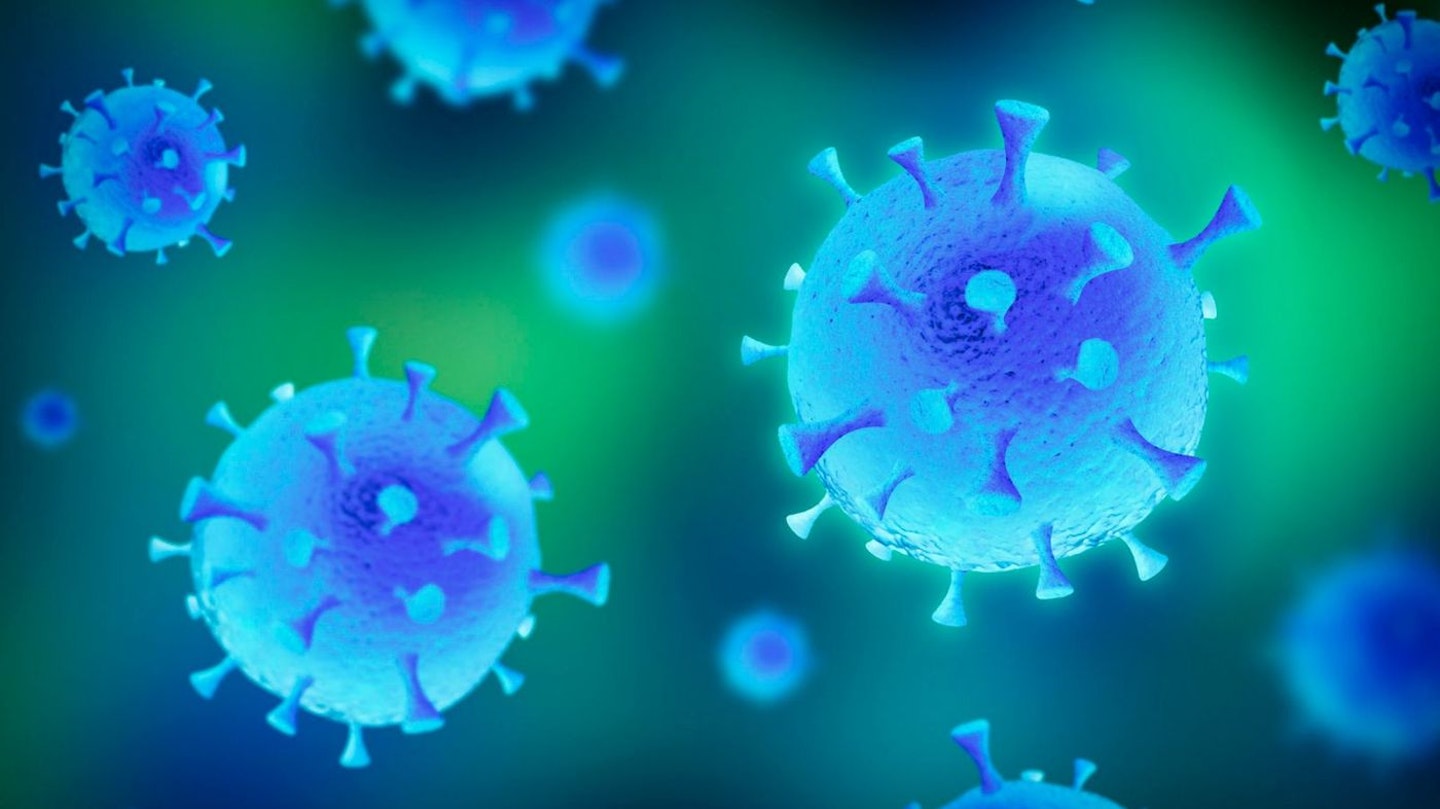 5 of 5
5 of 5